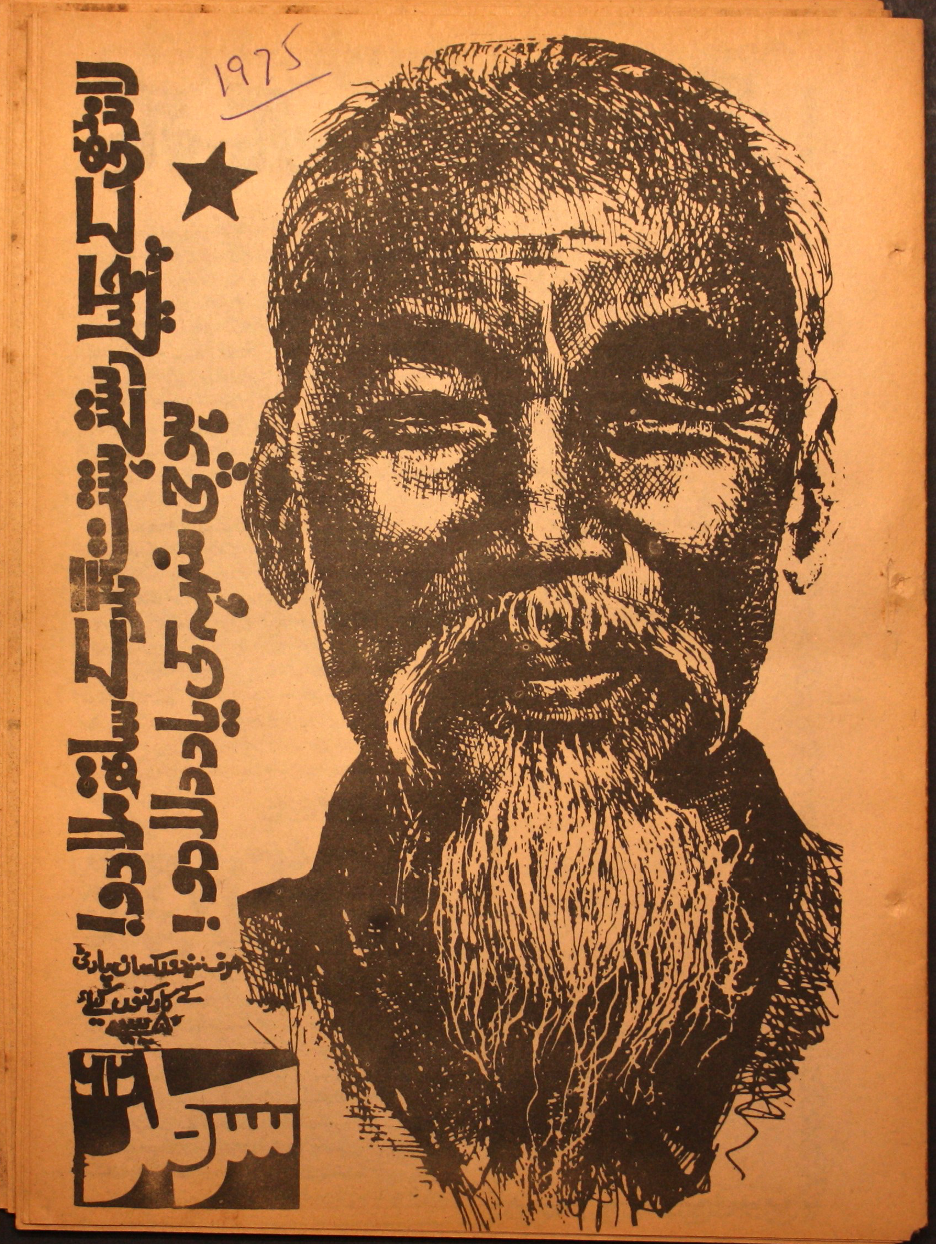Theory from the Trenches
Cover of the communist Mazdoor Kisan Party’s internal circular. Circular, no. 62 (June 1975).
Over the past few years, we have seen renewed efforts to “decolonize.” From the toppling of statues to the revision of disciplinary canons, much of the focus has been on overturning colonial residues in our cultural and epistemological landscapes. Theory from the Trenches offers a radically different vision of decolonization — one driven not by bureaucrats or professors but the marginalized, a vision that was at once global and local, dedicated equally to decolonizing the less visible structures of political economy as it was to fighting epistemic battles.
Anchored in years of field and archival research, this historical ethnography traces how subaltern actors in Pakistan — participating in a global communist movement stretching from Oakland to Saigon, from the Atlantic to the Indian Ocean — recast theory as a weapon in their anti-imperialist struggles. Joining a Maoist party in the 1970s, subaltern peasants not only seized colonially-established estates, but also acquired a meta-recognition that “theory,” now an emic category, was essential to global revolution. I conceptualize their experiments in theory-making as trench theory, with the trench metaphor evoking a subterranean mode of theorizing born from the exigencies of political combat.
Ultimately, the book shows how subaltern actors drew on a constellation of ideas traversing philosophies, borders, and oceans — from Maoism to Sufi Islam and Baloch tribal ethics — to generate trench concepts, aimed at heralding a worldly, even other-worldly, liberation.
